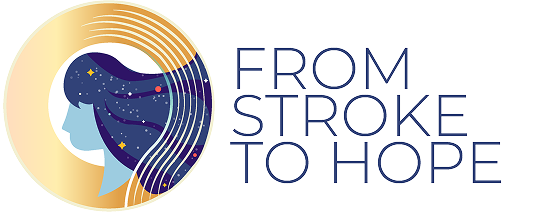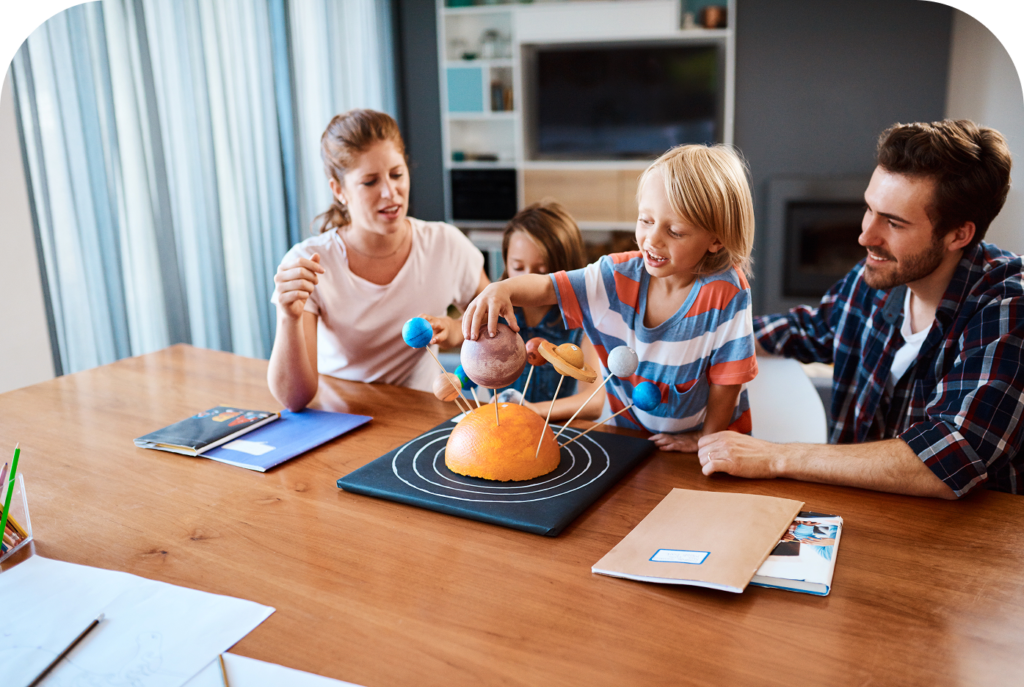A stroke doesn’t just affect the body—it changes relationships, too. It can be hard to accept help, communicate feelings, or adjust to new limitations. Here’s how stroke survivors can maintain healthy relationships while navigating recovery.
1. Be Open About Your Needs
Your loved ones may not know how to help unless you tell them.
- Let them know what you can and can’t do. If you struggle with something, don’t be afraid to ask for help.
- Communicate your emotional needs. If you feel frustrated, sad, or overwhelmed, talk about it.
- Express gratitude. Let your family and friends know you appreciate their support.
Being open creates a stronger foundation of understanding and patience.
2. Set Boundaries and Keep Your Independence
It’s easy for well-meaning loved ones to overhelp, which can feel frustrating.
- Let them know when you want to try something alone. Say, “I want to see if I can do this myself, but I’ll ask if I need help.”
- Speak up if you feel overwhelmed. It’s okay to ask for space and quiet time.
- Make your own decisions whenever possible. Even small choices, like what to eat or wear, help maintain independence.
Having clear boundaries helps both you and your loved ones adjust to the new reality.
3. Manage Social Challenges & Avoid Isolation
After a stroke, some survivors withdraw from social life due to embarrassment, fatigue, or difficulty communicating. But isolation can lead to depression.
- Stay connected. Even short phone calls or visits with friends can lift your spirits.
- Be patient with social interactions. If speech is difficult, let people know you need extra time.
- Join a support group. Talking to other stroke survivors who understand your experience can be comforting.
Your friends and family still want to be part of your life—let them in.
4. Accept That Some Relationships May Change
Some friendships may grow stronger after a stroke, while others may fade. It’s painful, but it’s part of the journey.
- Focus on people who support you. Surround yourself with those who uplift and encourage you.
- Let go of guilt. Your life has changed, and real friends will understand.
- Keep an open heart. Some people may not know how to handle the changes but may come around with time.
5. Find Joy in Everyday Moments
Life after a stroke is different, but that doesn’t mean it can’t be fulfilling.
- Engage in hobbies you love (even if you have to modify how you do them).
- Celebrate progress, no matter how small. Every step forward is a victory.
- Hold on to hope. Recovery is a journey, and improvement continues over time.
You are still you. Stroke doesn’t define you—it’s just part of your story.
Final Thoughts: Supporting Each Other on the Journey
Recovering from a stroke is a team effort. Family and friends play a crucial role in support, while stroke survivors must learn to communicate their needs and set boundaries.
By working together, relationships can remain strong, and life after a stroke can still be meaningful, joyful, and full of love.
👉 If you’ve experienced the challenges of stroke recovery—whether as a survivor or a caregiver—what advice do you have for others? Share your thoughts in the comments!

